“No Charge”
Written by Harlan Howard
Videos by American Songwriter
“I’ve paid a whole lot of dues,” gospel legend Shirley Caesar once told me. “Singers like Shirley Caesar and Albertina Walker-we’ve paved the way for a lot of these young singers. They don’t have to go through what we went through.”
Caesar was talking about the racism and segregation that made a hard life for touring gospel singers of the 1950s. (“We could not sleep in certain areas…we could not eat in certain restaurants.”) But the observation also relates, in a thematic sense, to one of her biggest career successes: the 1975 single, “No Charge.” The song, which scored a hit version by country singer Melba Montgomery, is all about the paying of dues-not, as it turns out, within the context of a musical career, but in the sense of larger obligations we owe to those who have nurtured us in life. The setup is classic country of the most sentimental kind; a little boy approaches his mother in the kitchen and hands her a “piece of paper he had been writing on.” The hard-working mother, “after wiping her hands on an apron,” then reads its contents: “For mowing the yard, five dollars/and for making up my own bed this week, one dollar.” Eventually the total comes to $14.75.
Then we get the mother’s response. In contrast to Montgomery’s more restrained version, Caesar infuses her gospel rendition with the hortatory speech pattern she uses in everyday life. It’s the cadence of an old-time preacher. (“I’m talking about a good ole North Carolina sho-nuff praising and thanking God time!” she enthused to me.) When she launches into the sung part of Harlan Howard’s composition, you know she means business: “For the nine months I carried you, growing inside me-no charge.”
Caesar then reels off her list, and within it we can detect Howard’s remarkable skill at balancing the large with the small, the serious with the gently humorous: “For the nights filled with dread/and the worries ahead-no charge/For advice and the knowledge/and the cost of your college-no charge.” When we hear these lines, poignant yet light in touch, we can understand why Howard once said that he considered “No Charge” his favorite among all the songs he had written.
After this litany, the child understandably feels guilty. In Montgomery’s version, he has “great big ‘ol tears in his eyes.” Then he takes a pen and “in great big letters” writes, “Paid in full.” In her 1975 hit, Caesar bypasses the son’s reaction to launch into a fiery comparison to “the day that Jesus went out on Calvary and gave His life as a ransom for me.” But later, in a version recorded as part of her 1983 album, Jesus, I Love Calling Your Name, she restored Howard’s original ending, with the little boy’s contrite reaction. In this way, Caesar brought the song back to one of her favorite themes (expounded upon in “sermonettes” such as “Don’t Drive Your Mama Away”), that of the neglected mother.
In a rare example of gospel crossover, Caesar’s “No Charge” entered the r&b charts and went to No. 40. It has been her only r&b hit to date. As for Melba Montgomery, she is perhaps best remembered today for her hit duets with George Jones-a perception that overlooks, unfairly, her excellent solo work. Harlan Howard, of course, wrote over 4,000 songs during the course of his remarkable career, among them classics that have included (in addition to “No Charge”), “I Fall to Pieces,” “Heartaches By the Number,” “Why Not Me” and “The Chokin’ Kind.” He died in 2002 at the age of 74.

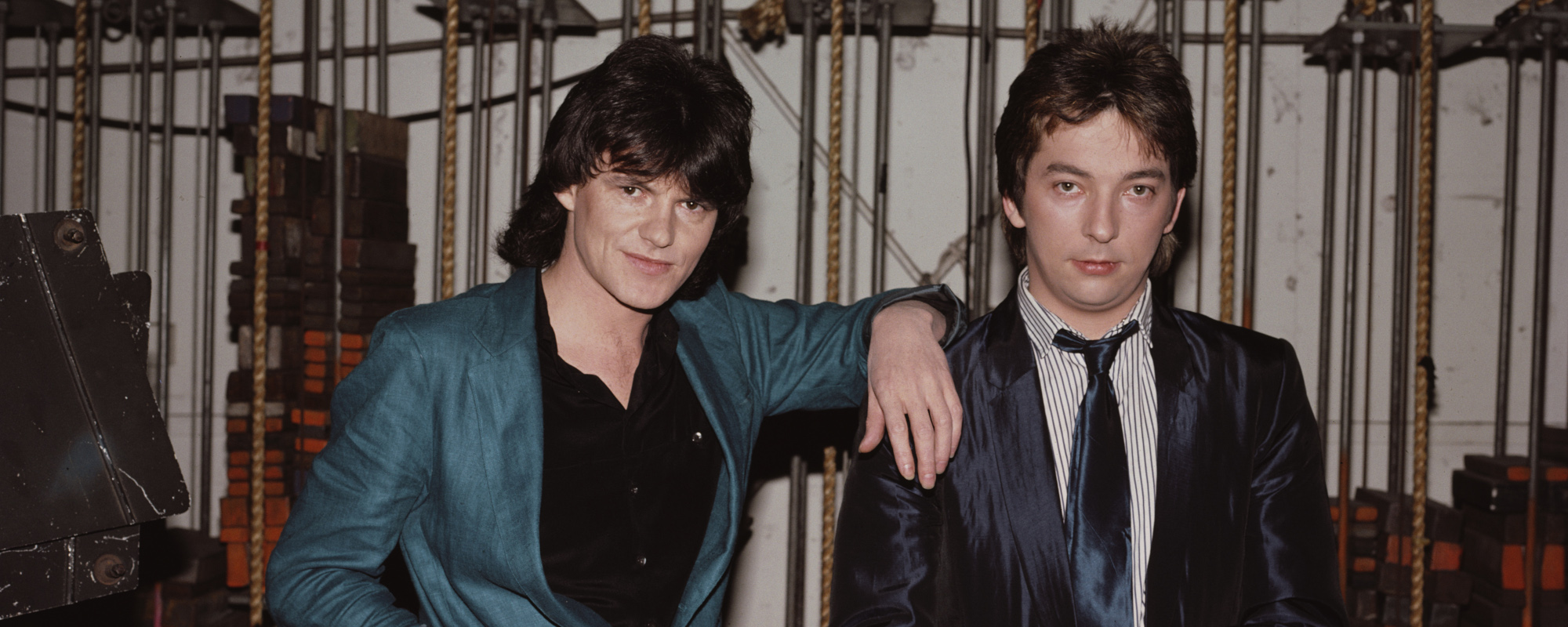
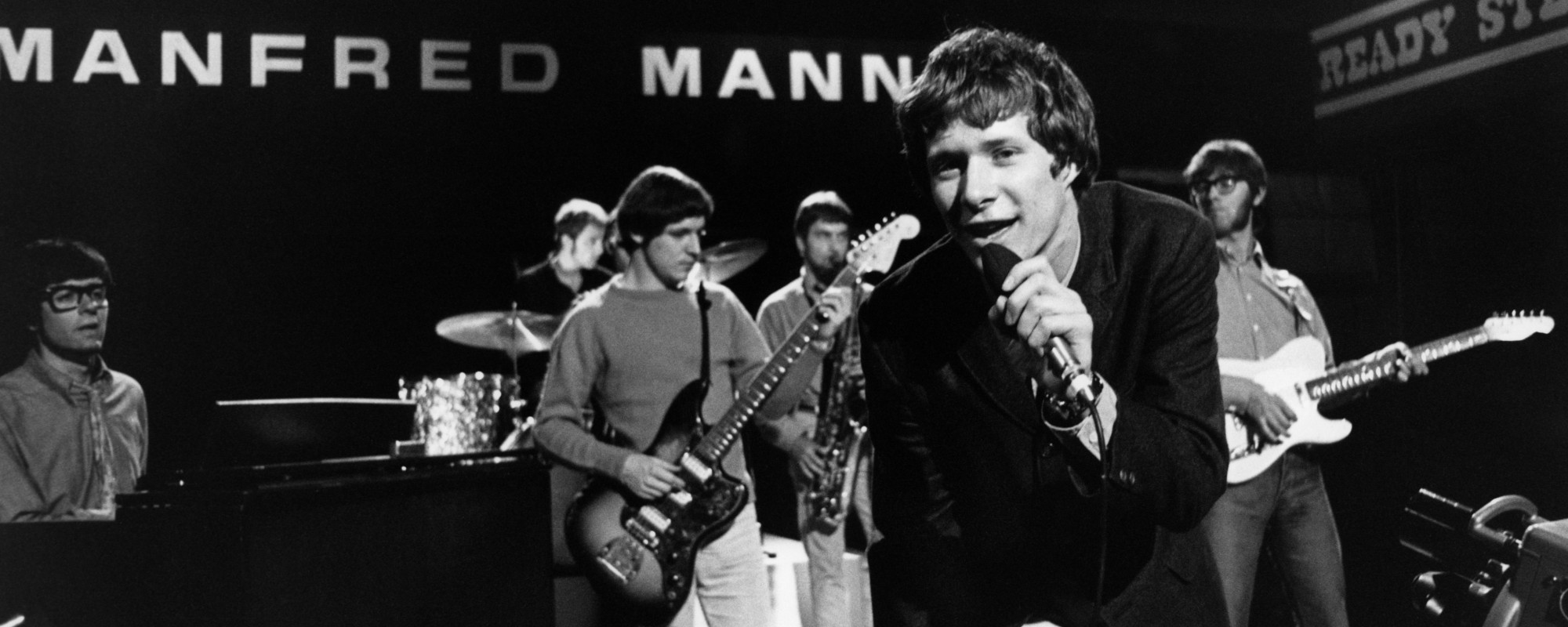
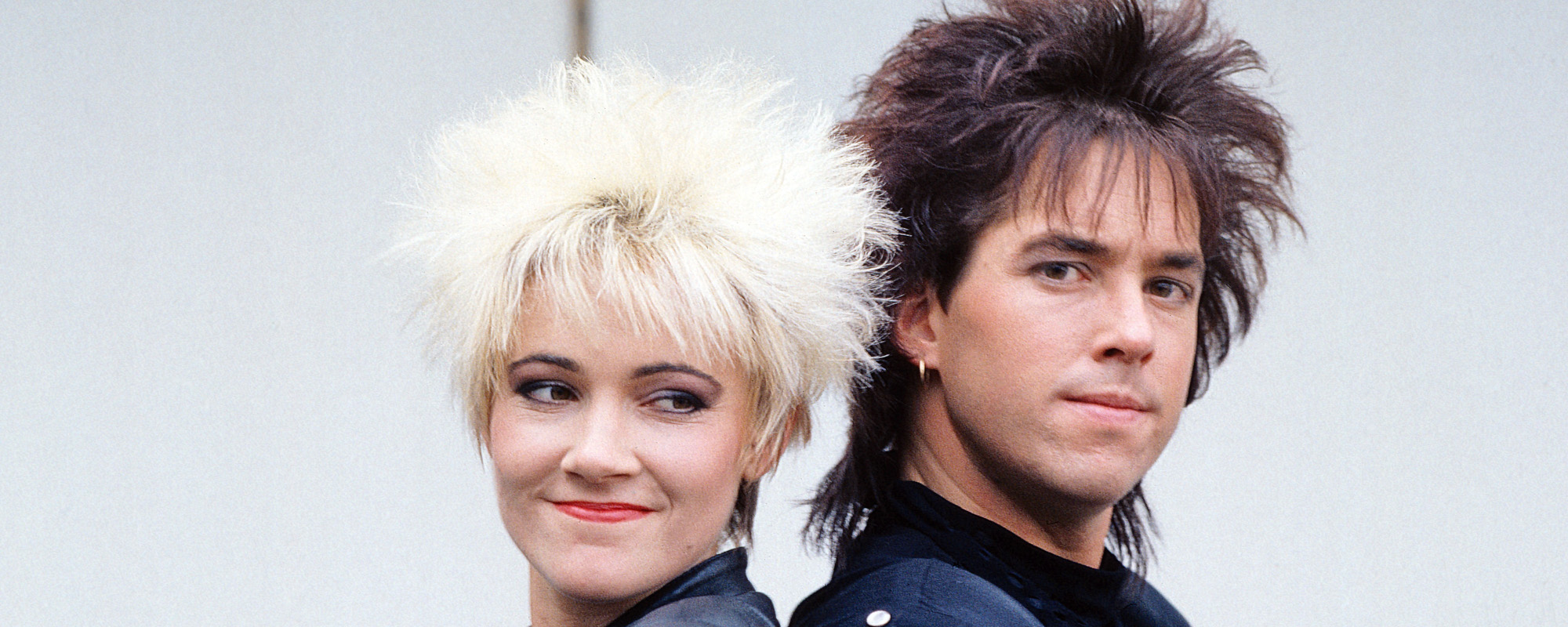
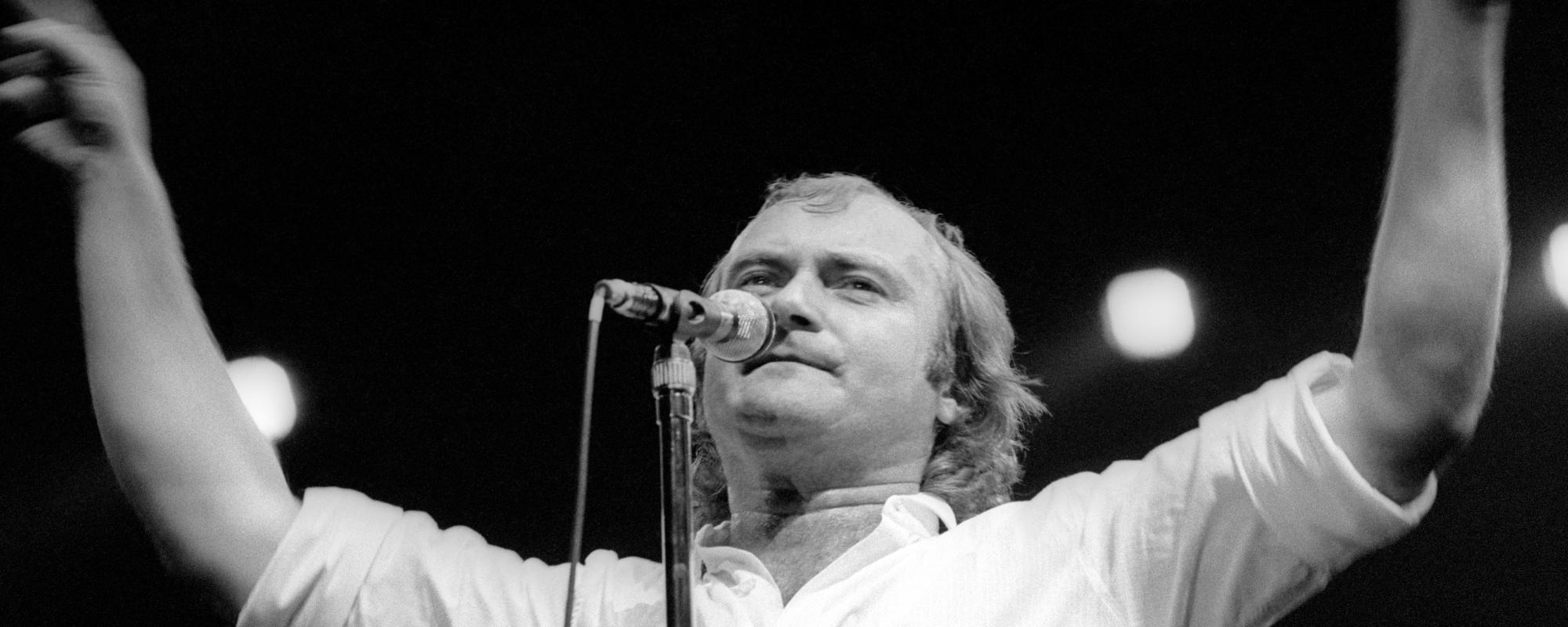
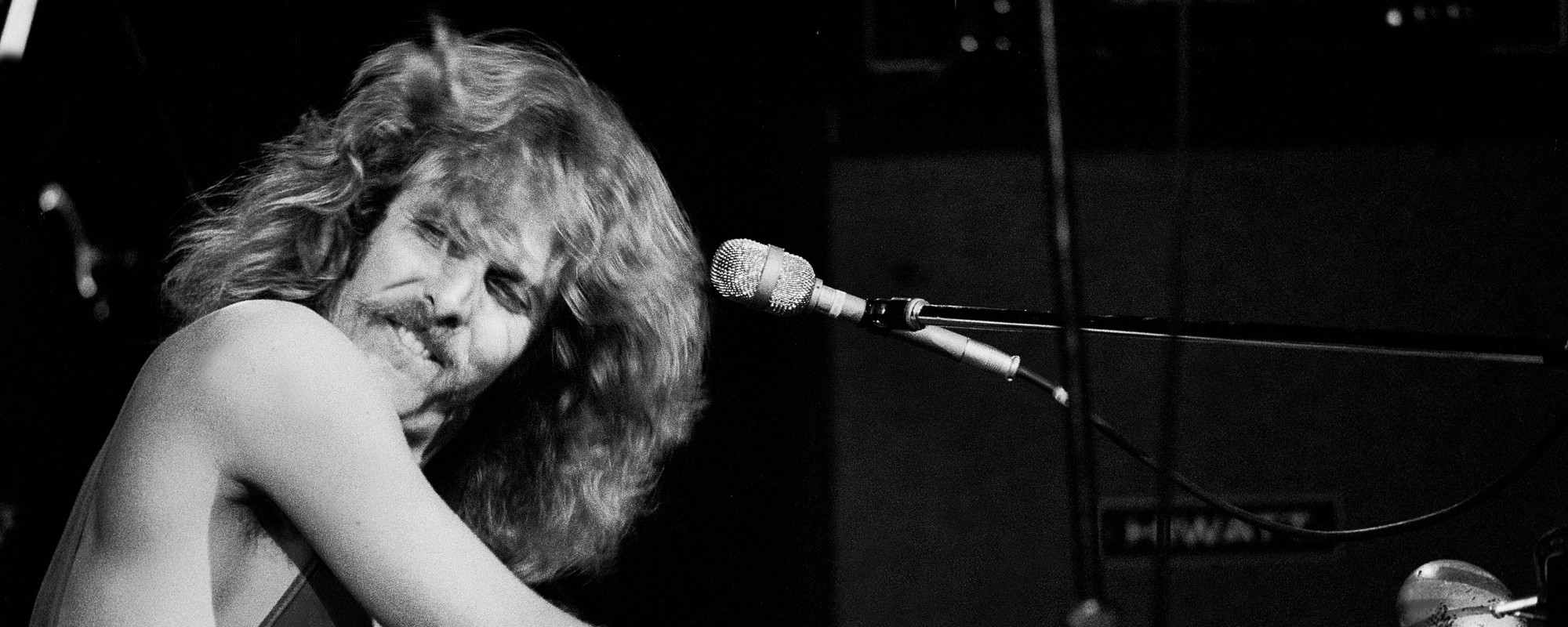





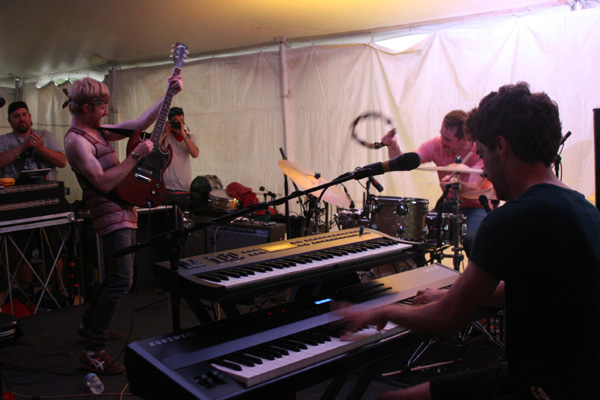

Leave a Reply
Only members can comment. Become a member. Already a member? Log in.